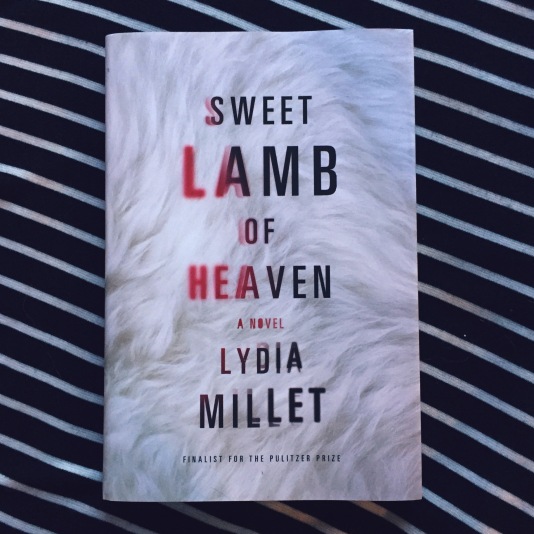3.5/5 Stars.
“Mastery was only a moment in the mind — of other men, of yourself. Like the stock market, a consensus of opinion, a pure abstraction; nothing to the tsunamis, the boiling sun, the plate tectonics. The social compact was abstraction — roads, buildings, and a temporary agreement about behavior. That was it. The matter beneath it all was what lasted, and meanwhile, always, the world of people was on the edge of dissolution.”
I’m really struggling with how to rate this one. Lydia Millet is undeniably brilliant, and reading a novel like this makes me feel like I’m being dropped into the mind of someone smarter and more insightful than I could ever hope to be. Personally, I gravitate toward that kind of challenge. It’s a privilege, really, to bear witness to such an incredible mind.
But if I’m being honest, I didn’t love this book. I loved her themes. I loved the second half of the story. But I didn’t love all of it. For me, the moments of brilliance — and there are plenty of them — make it all worth it, but I have to acknowledge my ambivalence throughout.
How the Dead Dream follows follows T., a wealthy young real estate investor, throughout his isolated life, from childhood through his 20s. For the most part he’s a callous, calculating, unlikable person — until the night that he hits a coyote with his car and it changes his life. Transformed by the experience, which allows him to acknowledge his deep existential loneliness for the first time, T. finally allows himself to open up to others, but then tragedy strikes just as he starts to fall in love.
It’s how T. deals with his grief that’s so fascinating. Feeling a deep connection to both nature and the inevitability of death, T. begins breaking into zoos to spend his time among the endangered animals. There, he observes them and feels a sense of oneness with them, connecting to their aloneness, their resolute nature, their indifference to the humans who surround them, and their proximity to the end of the world.
In telling T.’s story, Millet creates a deep, powerful meditation on mankind’s relationship with animals and undeniable vulnerability when confronted by nature. Ambivalence aside, I’m still looking forward to reading more of Millet’s work.

